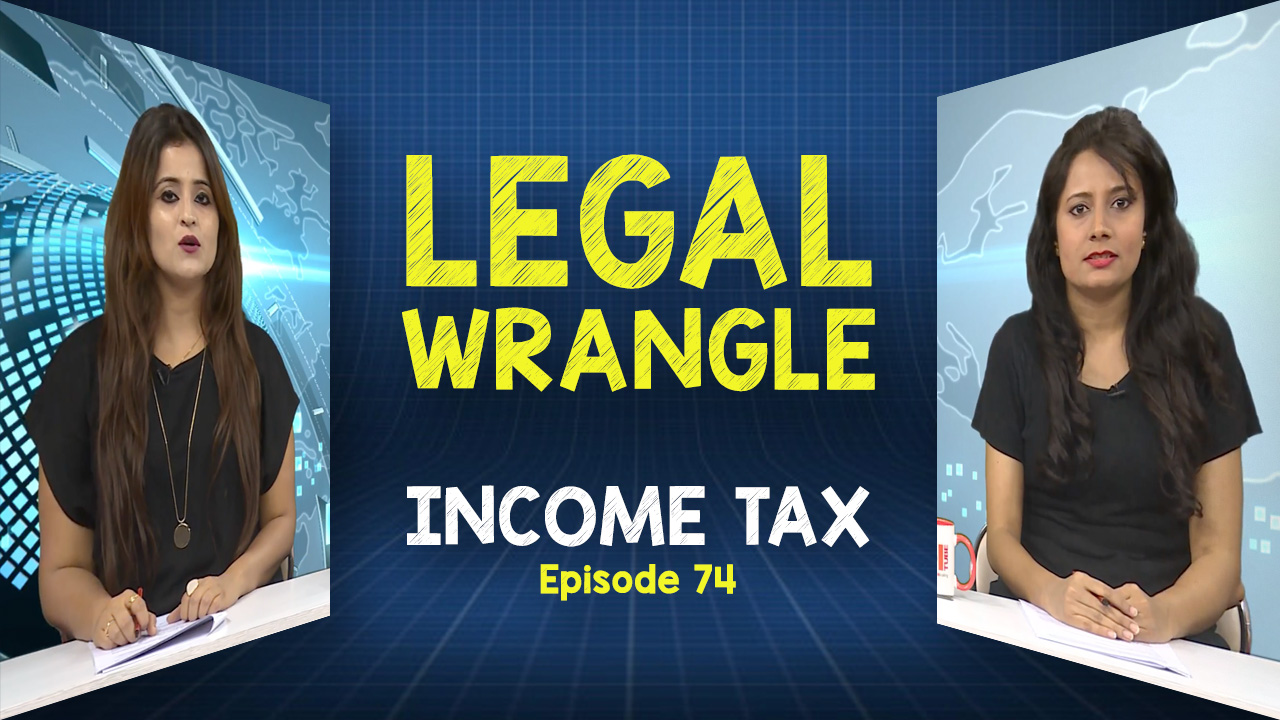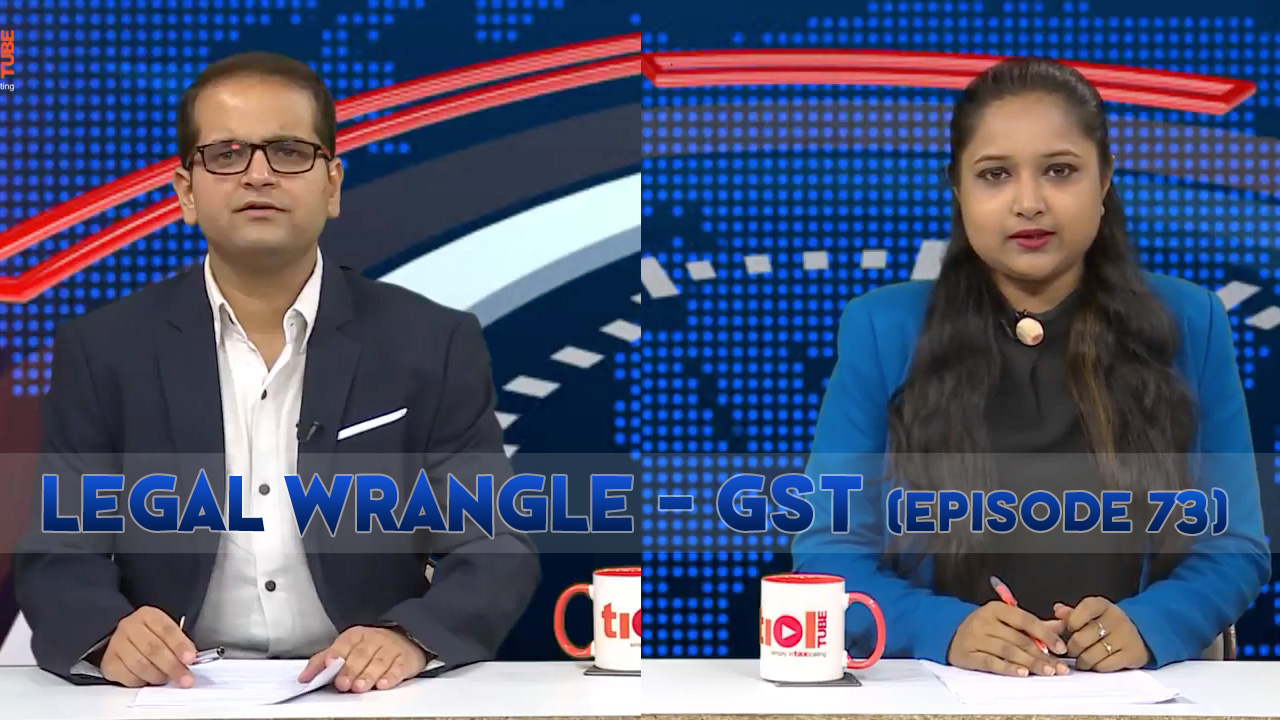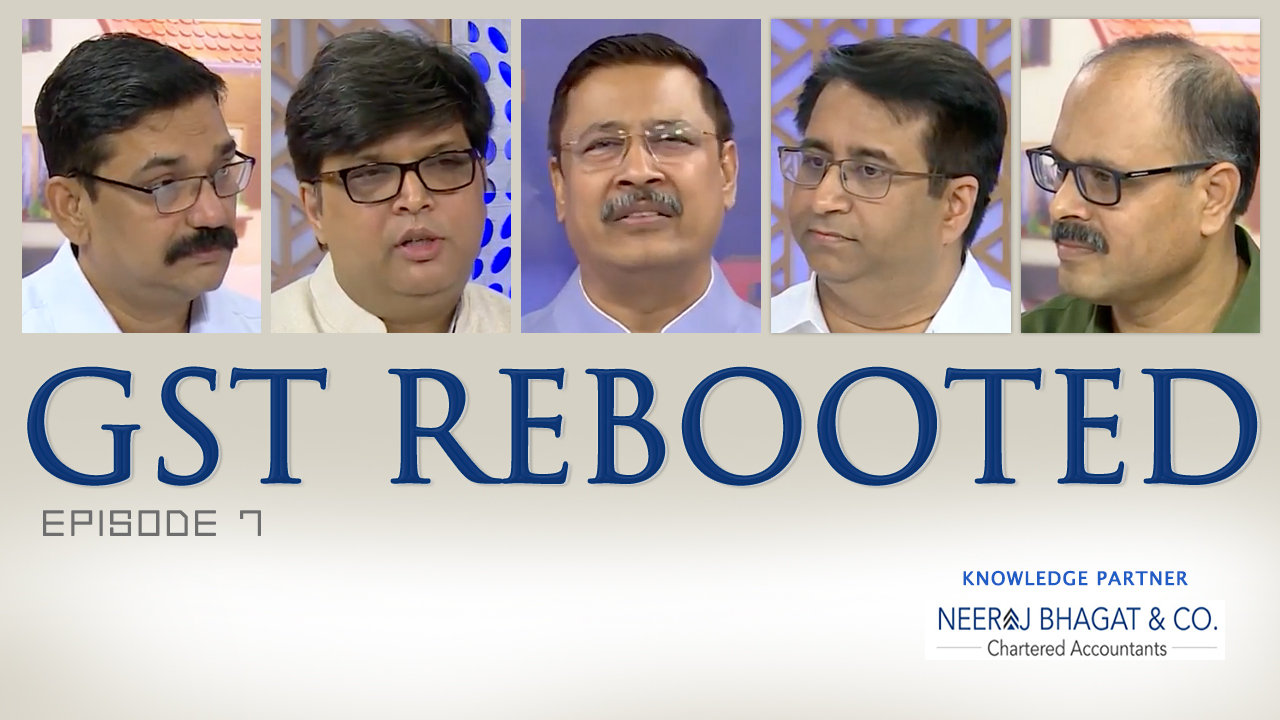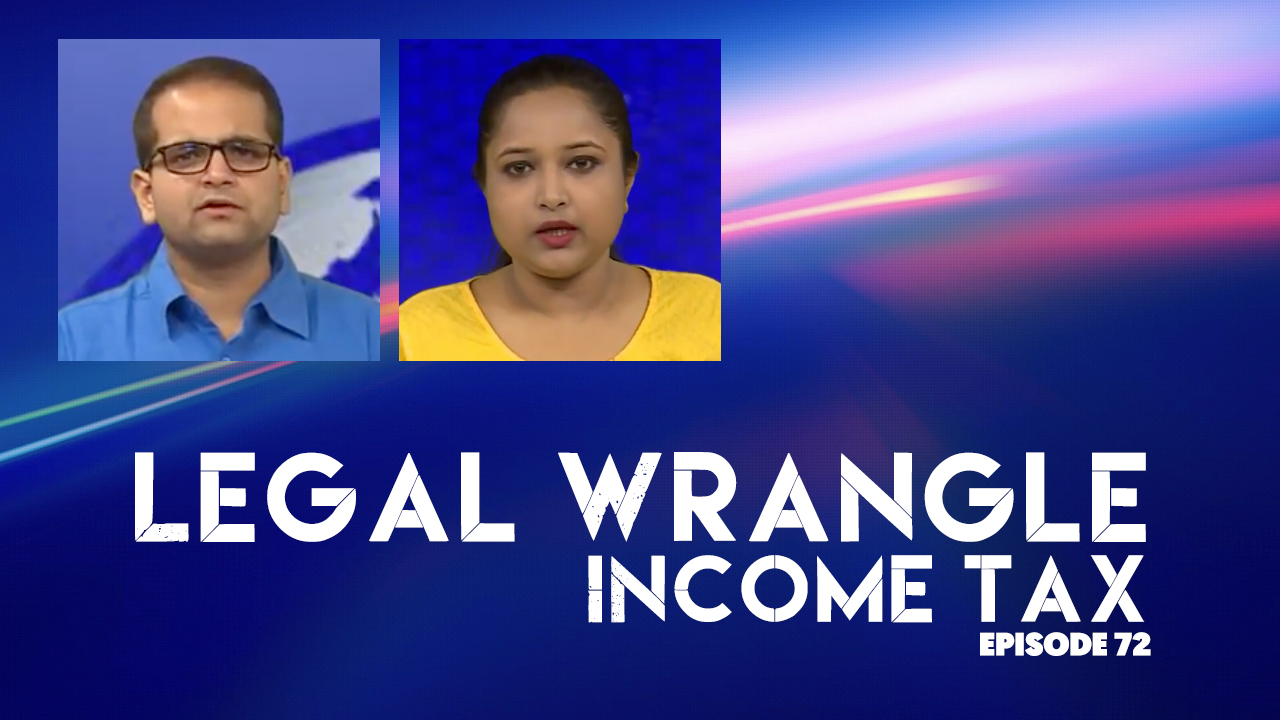SERVICE TAX
2018-TIOL-1587-CESTAT-MUM
Hotel Satish Executive Vs CCE
ST - Appellant filed a VCES-1 declaration for an amount of Rs.17,44,035/- and were supposed to pay 50% of the said amount by 31.12.2013 - they paid Rs.7,07,259/- by the deadline date and the balance amount of Rs.1,64,759/- was subsequently paid on 08.01.2014 - SCN was issued proposing rejection of VCES on the ground that the stipulated amount of 50% of the tax dues was not paid on time – adjudicating authority rejected the VCES declaration and held the applicant ineligible for the benefits under the VCES Scheme; ordered recovery of the amount declared along with interest u/s 87 of the Finance Act, 1194 as per section 110 of the FA, 2013 - appeal filed before Commissioner(A) came to be rejected, therefore, appellant is before the CESTAT and submits that the small amount of Rs.1,64,759/- could not be paid on time due to financial hardships; that delay of seven days should be condoned by the designated authority and reliance is placed on the decision in Cityland Associates - 2016-TIOL-812-CESTAT-MUM .
Held: As per VCES Scheme, the time limit for making payment of 50% of the total amount declared is 31.12.2013 and there is no provision for extension of time to the statutory limit provided in the scheme - designated authority has no power vested in it to extend the time limit, therefore, the time limit should have been adhered to for depositing the 50% amount by 31.12.2013 which the appellant failed to comply - the case law cited (supra) by the appellant is distinguishable as in that case the appellant was prevented from making the payment due to system fault which is not the case here inasmuch as knowingly the appellant made the delay - impugned order does not require any interference, same is upheld and appeal is dismissed: CESTAT [para 4, 5] - Appeal dismissed: MUMBAI CESTAT
2018-TIOL-1586-CESTAT-DEL
Shanti Builders Vs CCE
ST - During course of scrutiny of records obtained from Rajasthan Housing Board, Jodhpur, Service Tax Department observed that various contractors were engaged for construction of residential houses for said organization - In respect of present assessee, Department found that it had received contract/ construction receipt on account of various construction activities undertaken during period 20006-2007 to 2009-2010 - Department interpreted that services provided by assessee are classifiable under taxable entry of Construction of Complex Service - It is an admitted fact on record that services provided by assessee falls under category of works contract service, being composite in nature, leviable to Service Tax only w.e.f. 01.06.2007, as per the judgment of Supreme Court in case of Larsen & Toubro Ltd. 2015-TIOL-187-SC-ST - There were divergent views with regard to taxability of works contract service and matter was finally resolved by judgment of Supreme Court in case of Larsen & Toubro Ltd. - Hence, the allegation cannot be leveled against assessee that it had indulged into activities of fraud, collusion and willful mis-statement with intent to evade payment of Service Tax - Since the period of dispute is from 2006-07 to 2009-10 and SCN was issued on 20.10.2011, same is clearly barred by limitation of time, having been issued beyond the normal period - In context with limitation period for issuance of SCN, Tribunal in case of Anand Construction Work 2017-TIOL-642-CESTAT-DEL has held that invocation of extended period is legally not sustainable, when the issue is complex in nature and prone to different interpretations - No merits found in impugned order on the ground of limitation: CESTAT - Appeal allowed: DELHI CESTAT
CENTRAL EXCISE
2018-TIOL-1585-CESTAT-DEL
Mukesh Chauhan, Authorised Signatory Vs CCE & ST
CX - Assessee is engaged in the manufacture of aluminium shapes/profiles, billets, logs etc- During search and seizure Revenue found clearance of goods under the fake parallel invoices and one of the buyers was found fictitious-Based on the evidence collected during investigation show cause notices were issued raising duty demand with interest-In O-I-O demands were confirmed and penlaty imposed on the company as also the Director and emplyoees - On appeal Commissioner (Appeals)set aside the demand partially-Revenue brought forth amount of duty related to clearance under parallel invoices, clearance of excess quantity than quantity mentioned on invoices, suppression of consumption of scrap,difference between aging report and RG-1 register, duty imposed On the basis of Ledger-B, shortage of finished goods-Held- Duty demand is upheld, considering variation and quantity in the invoice and the packing list - Also on the basis of parallel invoices and Ledger Purchase-B recovered from the premises of the traders being third party records and shortages detected by the officers - However, penalty imposed upon the Director and employees is set aside as no separate roles were attributed to them and no positive evidence were adduced by the Revenue to show their role in the matter: CESTAT (para 2,4, 7,8,9,10,11) - Appeal Disposed: DELHI CESTAT
2018-TIOL-1584-CESTAT-MAD
Hwashin Automotive India Pvt Ltd Vs CCE
CX - the assessee company manufactures automobile components - It also manufactures goods as job worker & cleared some goods to M/s Hyundai Motor India Ltd. using material supplied by it - Later M/s Hyundai Motor India Ltd. changed pattern of supply of goods to outright sales - Consequently, the goods supplied by them for further manufacturing by the assessee were sold to M/s. Hyundai Motor India Ltd. based on sales invoice showing excise duty components - Based on such sales invoices, their job workers were required to take credit & then sell the manufactured products back to the assessee on payment of duty - The assessee also changed their system of supply of their components to their job workers - This changed pattern of the activity of the job workers was accepted by all job workers, except for two of them who returned the job worked goods instead of selling them to the assessee - Meanwhile the assessee paid duty on sales invoices - The invoices returned were also included when paying duty - Hence assessee claimed refund of such duty paid - But the Department denied the same as being time-barred & such findings were upheld by the Commr.(A) -
Held - Admittedly, the refund claim was filed after one year - Besides, a claim filed beyond limitation cannot be overcome by making a refund claim appear to be an application for restoration of Cenvat credit - The assessee's request to be able to restore Cenvat credit reversed on such goods is not backed by any provision of law - The findings of the Department warrant no interference: CESTAT (Para 1,5) - Appeal Dismissed: CHENNAI CESTAT
CUSTOMS
NOTIFICATION
dgft18pn010
EPCG - Condonation of non-maintenance of Annual Average Export Obligation - offset allowed of excess exports in other years
dgft17cir006
Only actual service providers are eligible for SFIS/SEIS benefits
dgft_trade_notice_13_2018
Quota allotted under the Indo-Sri Lanka Free Trade Agreement: Minutes of the Meeting dated 9.5.2018 CASE LAW
2018-TIOL-1589-CESTAT-ALL
Ashthvinayak And Company Vs CC & CE
Cus - The assessee imported ready-made garments, for which about 130 bills of entry were filed - On provisional assessment, the Department opined that the retail sale price declared in the bills of entry appeared to be lesser than the prevailing market price - The Department conducted market enquiries of retail sale prices & thereupon alleged that the assessee deliberately undervalued the goods to evade payment of duty - It also opined that the Retail Sale Price was the maximum price at which the excisable goods in packaged form could be sold to the ultimate customer - Thereby, 130 assessment orders were issued, wherein the assessable value of CVD was enhanced - Demand for differential duty was raised and later upheld by the Commr.(A).
Held - The statements of the retailers who assisted in the Departmental enquiry, did not mention that the invoice price submitted to the Department, were in respect of goods procured by them from the assessee - They merely handed over the invoices where the description of the goods they sold tallied with the description of the goods imported by the assessee - Hence this does not establish that the goods sold by the retailers were those imported by the assessee - Consequently, the data relied on for enhancement of value is faulty - Thus, the O-i-A is unsustainable: CESTAT (Para 2,6) - Appeals Allowed: ALLAHABAD CESTAT |








